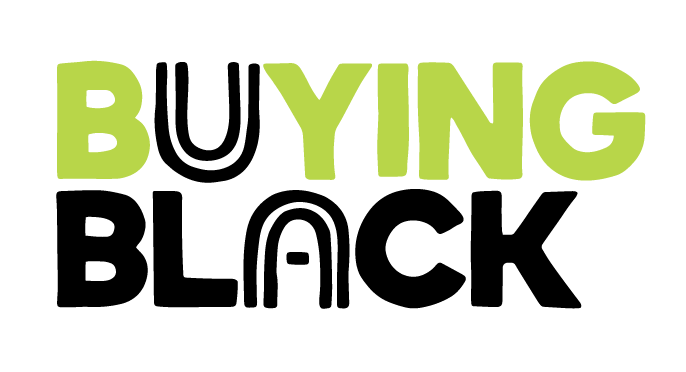Matriarchs Rule
I have recently had the privilege of working with two great Aboriginal family businesses, where the matriarchs are the lifeblood. One of those businesses is the Cryogenics group, who deliver tailored gas solutions. The other is the Marumali trauma healing program, working to increase the quality of support available for Aboriginal and Torres Strait Islander survivors of removal policies. Whilst these two businesses serve entirely different purposes in their communities, I think there is a philosophical position that these two organisations share with many other Aboriginal run enterprises.
Although there hasn’t been any data collected as yet into why we are seeing an increase in Aboriginal entrepreneurship, the statistics do reveal that we are seeing a steady rise of new businesses started by Aboriginal and Torres Strait Islander people. My hypothesis is that we can at least partly attribute this confidence and success to a set of values that characterise contemporary Aboriginal communities. And, when I think more about what those values might be, I can’t help but think that it’s the way that we manage our relationships. Doing well in business is all about managing relationships, and I tend to hold the view that for this reason Aboriginal communities are well placed to succeed in business, perhaps much more so than we realise.
This thinking of course leads me to ask the question of what values do we find in Aboriginal communities that contribute to business success? When I reflect on my experiences of gaining insight into how some of my clients run their shops, I am always inspired to see there is often a strong sense of the recognition and respect that we place on our elders. It’s not always the case in family businesses that we place the lion’s share of responsibility for decision-making on our elders, but it’s also not an unusual way for businesses to be organised.
Going back to my time spent working with the crew at the Cryogenics group, the respect for elders is profoundly critical to the day to day running of the business. It’s not because there is any lack of confidence or capability in the younger members of the organisation. Marcia and Sian are both highly capable, switched-on individuals that can no doubt achieve anything they put their minds to. So it’s not about anyone being a specialist or expert in this thing or that thing. I think it goes much deeper than that. It’s even more than the reason for it in the first place. It’s that Mum is at the very heart of the business, and everyone silently agrees that she is the boss.
I think this unspoken understanding that we recognise the responsibility of our elders to control and influence decision-making and have the final say, is one of the most important ways that Aboriginal organisations get through each day. There might be a strong vision of the future, but our elders keep us focused on the here and now. It’s a sort of unspoken law that if we listen and trust in that now, we can expect that things will be ok in the future.
What have we learned from our elders that we can take forward into the future? I feel it’s a great privilege that I have had an opportunity to learn a great deal about strength and overcoming adversity by working with Aunty Lorraine Peeters, founder of the Marumali program and a survivor of the reserves herself. For better or worse, our elders have in many cases learned a lot through deep trauma. And, after this fact, it is fair to say that in particular women in Aboriginal communities have been tasked with the responsibility of being the main caregivers. What strikes me as most significant in this sense of recognition and respect, is that the strength of the entire community therefore depends on the willingness and capability our matriarchs have to share and implement their knowledge. Our matriarchs hold in their hearts a roadmap for our success, and we are wise to provide support and respect for whatever they decide is best for us all. Mum’s the word.






